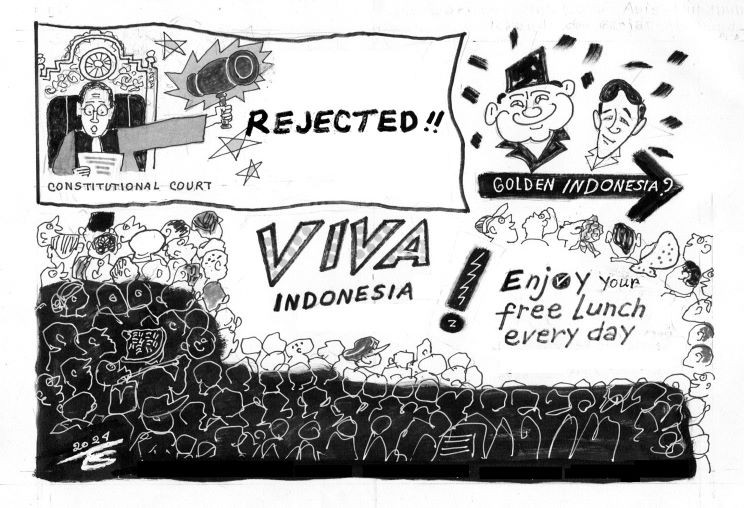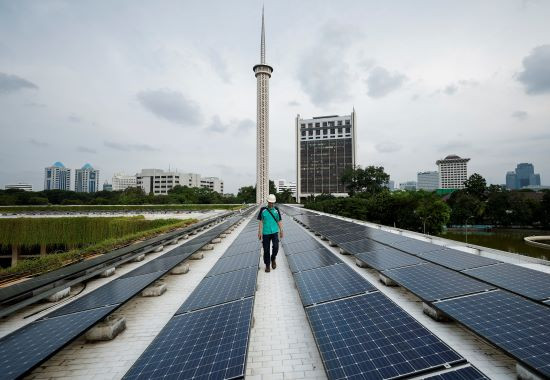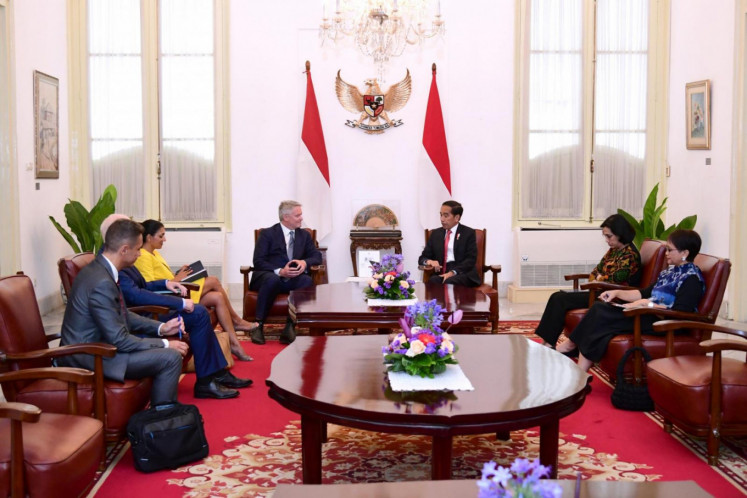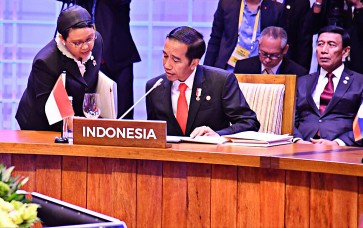ASEAN at 50: So what?
How soon will it be before the public moves on and forgets about ASEAN once the celebrations are over?
Change Size
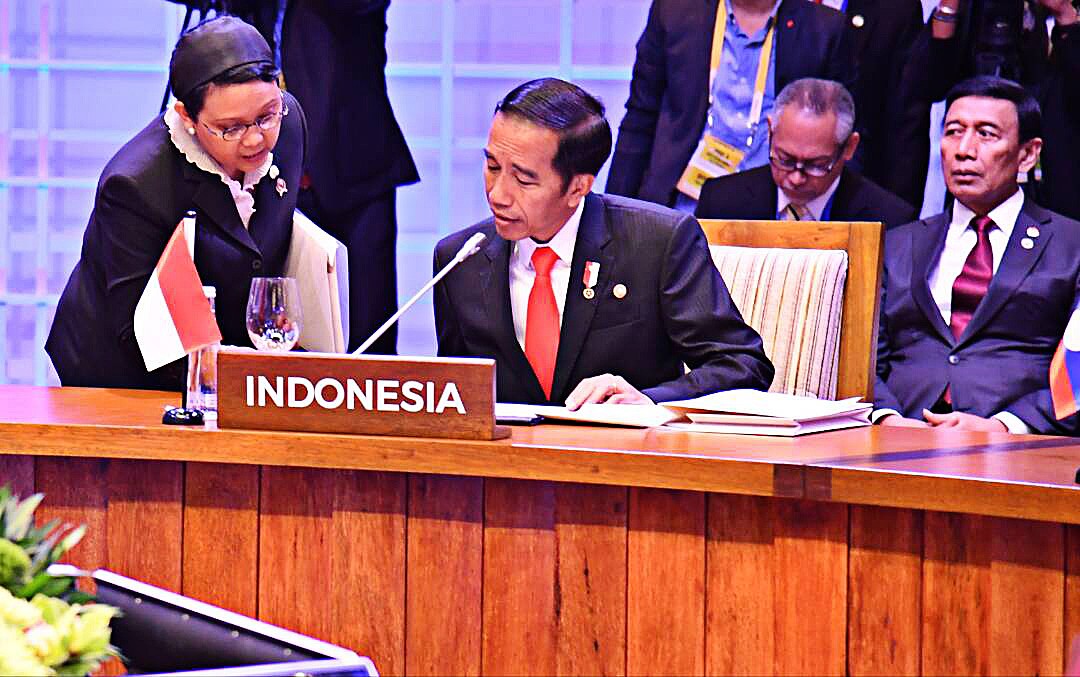 In consultation: President Joko “Jokowi” Widodo and Foreign Minister Retno LP Marsudi discuss on the sidelines the 30th ASEAN Summit in Manila, the Philippines, on April 29. (Courtesy of the Presidential Office/File)
In consultation: President Joko “Jokowi” Widodo and Foreign Minister Retno LP Marsudi discuss on the sidelines the 30th ASEAN Summit in Manila, the Philippines, on April 29. (Courtesy of the Presidential Office/File)
O
n Aug. 8. ASEAN marks an enormous milestone as it celebrates 50 years since it was first established through the Bangkok Declaration of 1967. From its initial membership of five states, the regional organization has come a long way from its rather uncertain and unassuming beginnings.
Over the years, ASEAN has grown in confidence, developing several ambitious initiatives and notching some important achievements. To what extent, however, is ASEAN’s confidence warranted? To what extent are the regional grouping’s achievements deserved? And to what extent does the ASEAN’s golden jubilee even matter to the more than 600 million people who call the region home?
Supporters of ASEAN would point to the adoption of the ASEAN Charter in 2007, the launch of the ASEAN Community at the end of 2015 and the decades of inter-state peace that the region has enjoyed.
One could also note the expansion of the ASEAN-led East Asian Summit (EAS) to include major powers such as the United States and Russia, the ASEAN Treaty of Amity and Cooperation that now counts 34 signatories, and the 86 countries that have diplomatic representatives to ASEAN.
ASEAN, meanwhile, has confidently sought to actively position itself as a global actor. This was made abundantly clear in 2011, when ASEAN adopted the Bali Declaration on ASEAN Community in a Global Community of Nations, otherwise known as the Bali Concord III.
At the time, then president Susilo Bambang Yudhoyono declared, “I believe ASEAN is able to respond to global dynamics [...] ASEAN wants to play a bigger role [...] to reach out to the world.” Indonesian officials stated that the Concord was driven by the belief that the regional organization had “passed the tests of history...[and] become a mature association capable of creating regional stability and security, and able to increase its economic strength.”
That, though, was then. In the years that have since passed the regional grouping has experienced a number of failings. This was famously demonstrated in 2012, when Southeast Asian foreign ministers failed to issue a joint statement for the first time in ASEAN’s history following disagreement over a passage criticizing Beijing’s actions in the disputed South China Sea.




